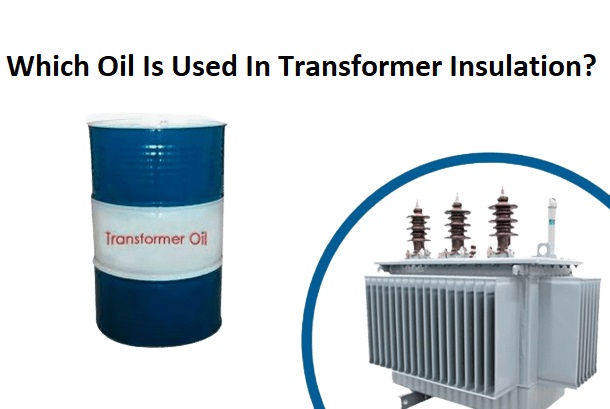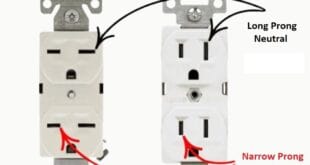Answer:
Mineral oil is commonly used in transformer insulation.

Reasoning:
Mineral oil is the preferred choice for transformer insulation due to its excellent dielectric properties and thermal stability. Dielectric properties refer to the ability of a material to insulate and withstand high voltages without conducting electricity. Mineral oil has a high dielectric strength, which means it can effectively prevent electrical breakdown even under high voltage stress.
Additionally, mineral oil has good heat transfer properties, helping to dissipate heat generated during transformer operation. This is crucial for maintaining the transformer’s temperature within safe limits. The oil also acts as a coolant, further contributing to efficient heat dissipation.
Another important feature of mineral oil is its chemical stability. It resists oxidation and degradation, which is essential for maintaining the longevity and reliability of the transformer. Transformers often operate for decades, and the insulation system must remain stable over such long periods.
While mineral oil is widely used, there are alternatives such as natural ester-based oils and synthetic esters. These alternatives have been developed to address concerns about environmental impact and fire safety, as mineral oil is flammable and can pose risks in certain situations.
In short, mineral oil’s combination of excellent dielectric properties, heat transfer capabilities, and chemical stability makes it a suitable and reliable choice for transformer insulation. However, advancements in technology have led to the development of alternative insulation materials with improved safety and environmental characteristics.
FAQs
What is transformer insulation?
Transformer insulation refers to the materials used to prevent electrical conduction and ensure proper functioning of the transformer.
Why is mineral oil commonly used in transformer insulation?
Mineral oil is chosen for its excellent dielectric properties, thermal stability, and heat transfer capabilities.
What is dielectric strength in transformer insulation?
Dielectric strength measures the ability of the insulation to withstand high voltages without breaking down and conducting electricity.
How does mineral oil help dissipate heat in transformers?
Mineral oil efficiently transfers and dissipates heat generated during transformer operation, preventing overheating.
What is the role of insulation in preventing electrical breakdown?
Insulation prevents electrical breakdown by isolating conductive components and maintaining a safe separation distance.
Are there alternatives to mineral oil for transformer insulation?
Yes, alternatives include natural ester-based oils and synthetic esters, designed for improved environmental and fire safety.
Why is chemical stability important in transformer insulation?
Chemical stability ensures the insulation material remains intact over time, contributing to the longevity and reliability of the transformer.
How does transformer insulation impact the lifespan of transformers?
Effective insulation contributes to a longer lifespan by maintaining optimal electrical and thermal performance.
What are the environmental concerns associated with mineral oil insulation?
Mineral oil is flammable and poses environmental risks in case of leaks or spills, prompting the exploration of safer alternatives.
Can transformer insulation materials influence energy efficiency?
Yes, proper insulation materials can enhance energy efficiency by minimizing losses and maintaining optimal operating conditions.
 Electrical Engineering World Wiring a Brighter Tomorrow!
Electrical Engineering World Wiring a Brighter Tomorrow!


